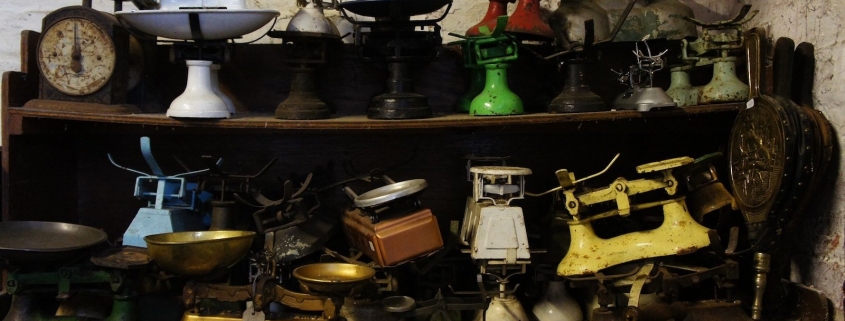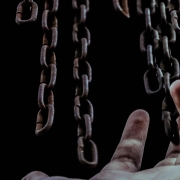Blockchain is everywhere and research suggests blockchain law will have an effect on the legal system in the UK. But, what is its impact on the legal industry? More importantly, will it affect your legal arrangements?
I believe there are four main ways in which blockchain will affect the legal industry:
- Smart Contracts
Smart contracts will help you exchange money, property, shares etc in a conflict-free way. The main turning point is that it will avoid the services of middlemen.
In my opinion, the term ‘Smart Contracts’ is misleading. Smart contracts could influence healthcare, government voting, real estate and management. It will provide a lot more benefits and encroach much more on everyday life than I initially thought. For more useful information on how Smart Contracts will influence your blockchain law and legal relationships, please visit this website.
OpenLaw plans to use blockchain to reduce “the cost and friction of creating, securing, and generating binding legal agreements.” by providing tools for storage of these agreements, without needing intermediaries. This also has the potential of cutting lawyers out.
2. Land Law: Land Registry and Deed Management
Blockchain law through its security and digital ledger function holds promise to be an effective and secure way to store property rights, including title to land in the land registry. Particularly in developing countries, it’s challenging to keep track of who owns which land deeds.
Even in the UK, there can be confusion if there are conflicting interests on one piece of land. It has been said that blockchain will clear up this confusion with a public blockchain ledger that is easily verified. This will mean all parties involved – from landowners to government – would access the same information. It will show who owns what and the date ownership switched hands.
This will be especially useful when the government introduce e-conveyancing as promised with the LRA 2002. This will be especially useful in terms of registration of land.
3. Chain of Custody: Storing Documents
Blockchain is ideally suited for larger and more challenging digital files. Blockchain can be used to track documents but also can be used for storage. No evidence will ever get thrown out. This also prevents the need for testimony about the preservation of the chain of custody which will be another timesaver.
4. Notary Public
Notarary publics are used to confirm and verify signatures on legal documents, including contracts and deeds. Using blockchain, these can be preserved digitally as part of a digital ledger.
Overall, blockchain law will help to find and process legal documents. This will positively impact the way individuals access them. Arguably, the greatest impact will be in terms of the Smart Contracts which may transform the legal world. Although the news is not as great for lawyers themselves who may end up being cut out of this process, I am sceptical whether large corporations will buy into Blockchain. In the short term at least, few established businesses will be willing to adopt a smart contract.
The land registry, chain of custody and notary public seem that they will have the greatest and most noticeable impact on your legal relationships.









Leave a Reply
Want to join the discussion?Feel free to contribute!